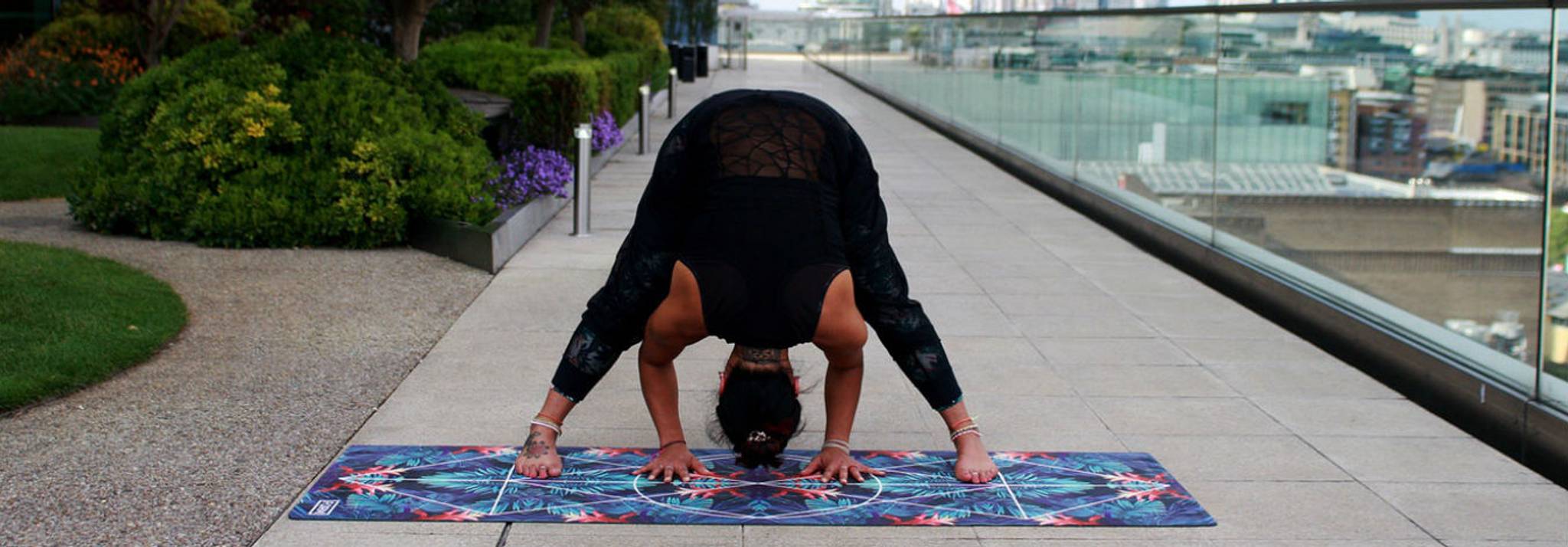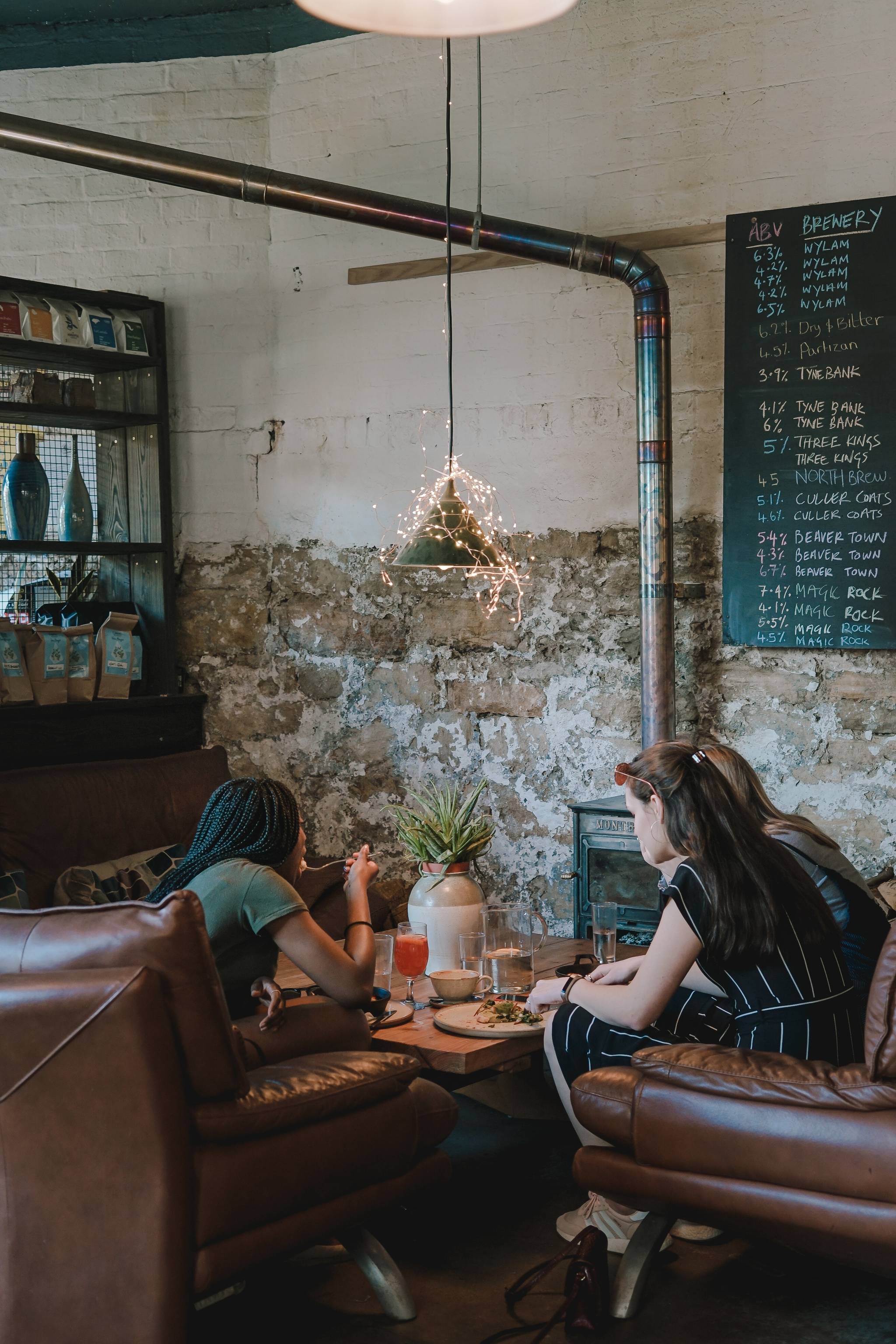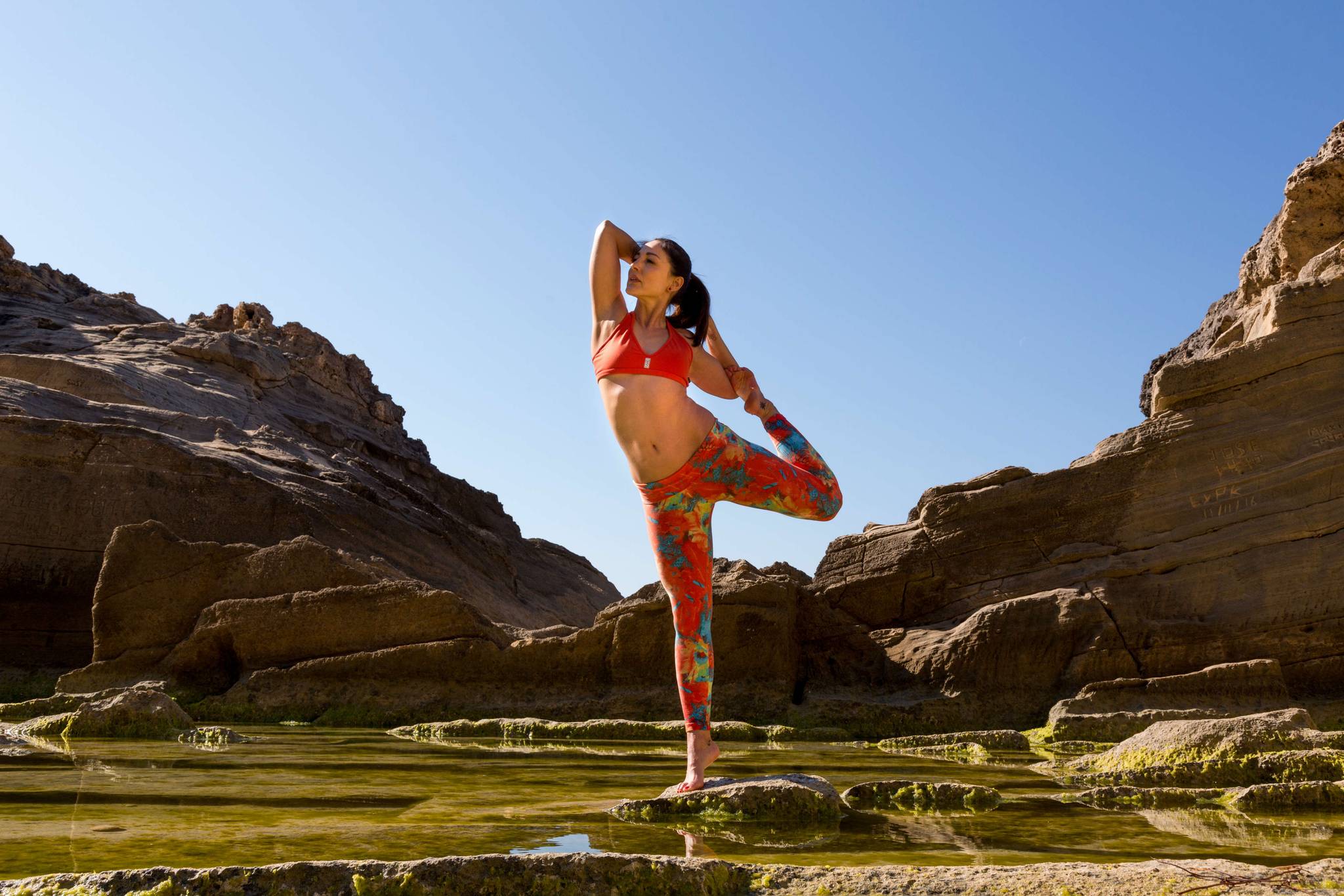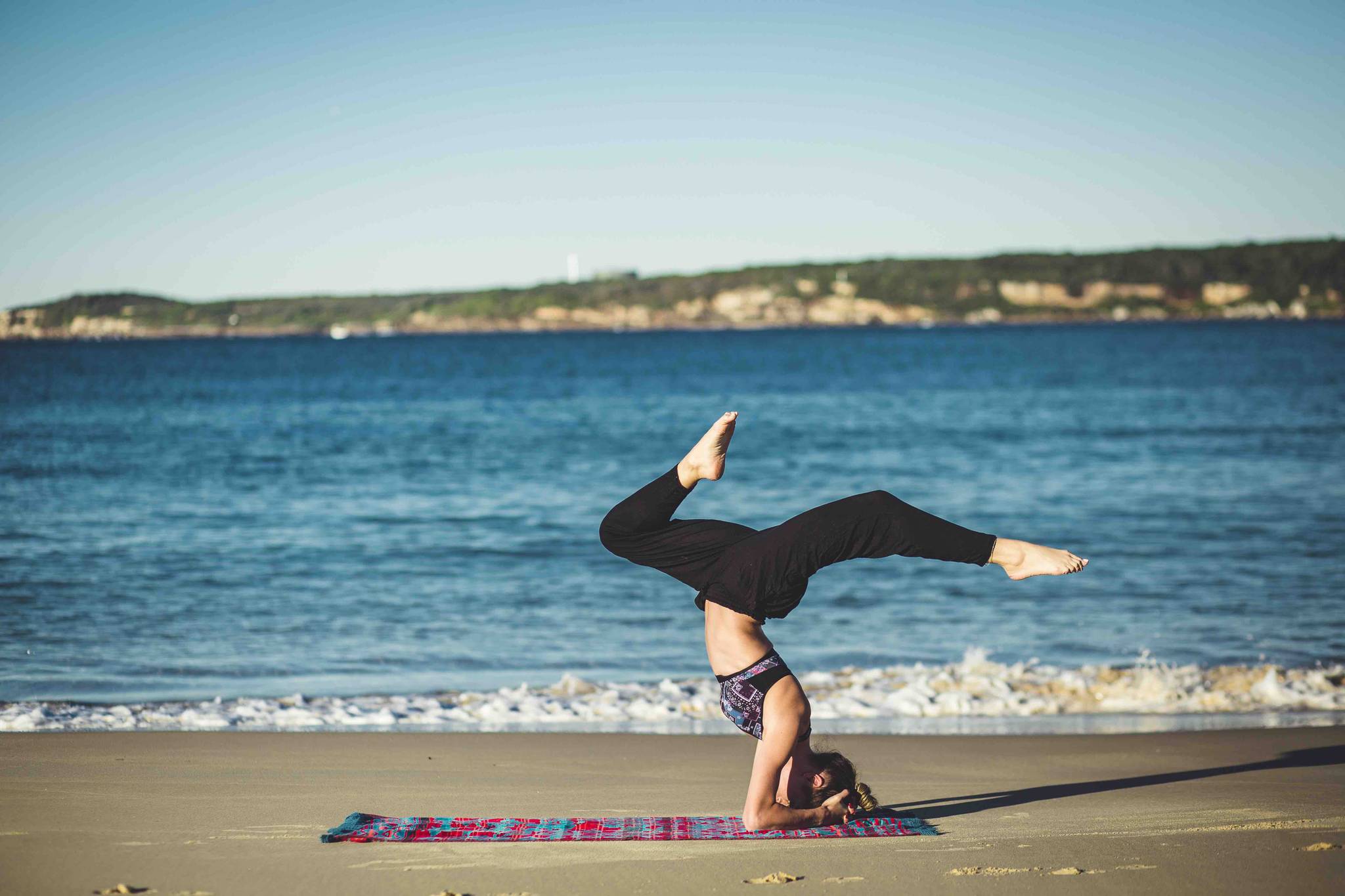
The wellness industry is often regarded as the preserve of the affluent, white middle classes. This can deter many people of colour from getting involved in activities such as yoga or meditation. Organisations such as OMNoire are trying to change this by reducing financial and social barriers. We explore the insights behind the innovation, and understand how OMNoire is making wellness more accessible.
OMNoire is a social wellness community for women of colour. It was founded by Christina Rice in 2017, when she noticed that she was the only black woman in all the yoga classes she attended. Rice trained to become a yoga instructor herself and noticed that black women were asking to join her classes, which prompted her to launch OMNoire. “It just clicked, they felt more comfortable being taught by someone who looks like them,” says Rice. OMNoire helps people of colour find yoga and fitness opportunities, as well as hosting its own events and yoga classes for $5 and offering home meditation guides for free.

A far cry from its ritualistic beginnings in northern India, yoga in the US has become truly mainstream – 38 million Americans practise it on a regular basis. And with research that highlights how yoga and meditation can raise people’s self esteem, there’s no doubt that this number is set to grow. People want the wellness industry to market itself to everyone, not just affluent white demographics, and its growth may well depend on whether the industry embraces inclusivity by removing financial and social barriers for people of colour. In a similar vein in the food and drink industry, Sol Sips, the pop-up vegan store-turned-restaurant, is making veganism accessible for low-income, primarily black and Hispanic communities in Brooklyn.
Tad Buxton is an intern at Canvas8 which specialises in behavioural insights and consumer research. He studies English Literature and History of Art at the University of Edinburgh. When he’s not studying, he enjoys surfing, reading sci-fi novels, and dreaming up new business ideas.



